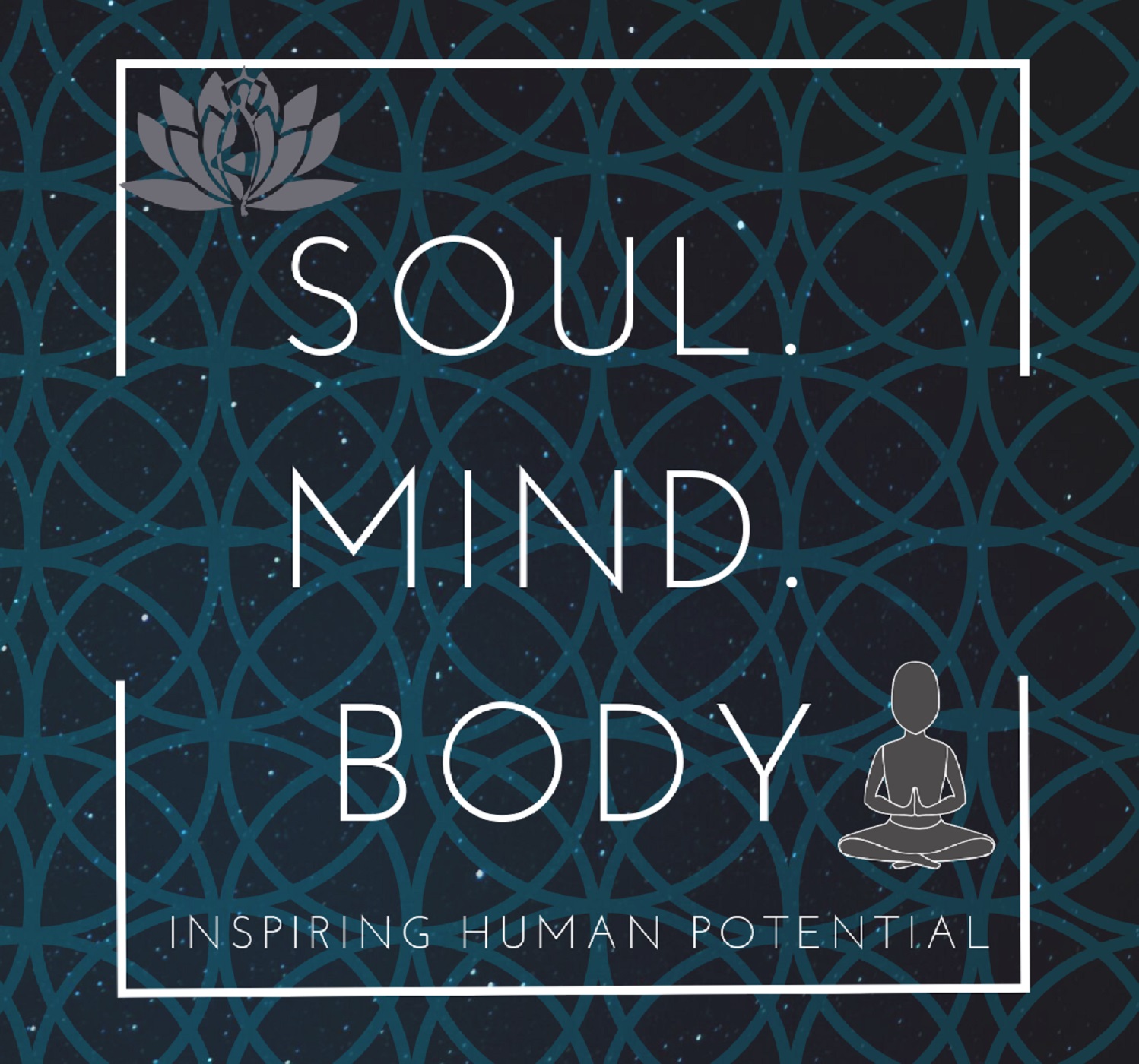 |
The Embodied Jewish Woman with Rena ReiserAuthor: Rena Reiser
Welcome to The Embodied Jewish Woman podcast with Rena Reiser. This is a podcast made for thoughtful Jewish women searching for the next step in their personal growth, the integration of mind, body, and soul. The Jewish woman embodied. A place where we acknowledge that success doesn't come at the price of compassion, health, or peace of mind. A moment to slow down and look deeper into the needs we want to fulfill, learn about the changes we can make at the very roots of our struggles, and get clarity on what is truly valuable to us. I'll share powerful mind body tools, compassion based methods, meditations and insights that I use along my own journey and in my work with my clients, as well as interview like minded professionals to pool our collective experience and insight so we can all connect to our inner selves and live life from a mindful and compassionate place. Download Rena's free Tune In Journal and accompanying meditation to help you embody your emotions at https://www.tuneinjournal.com. Language: en Genres: Education, Judaism, Religion & Spirituality, Self-Improvement Contact email: Get it Feed URL: Get it iTunes ID: Get it |
Listen Now...
346 - Somatic Mindfulness Practice: Your Recipe for Being Heard
Thursday, 19 February, 2026











